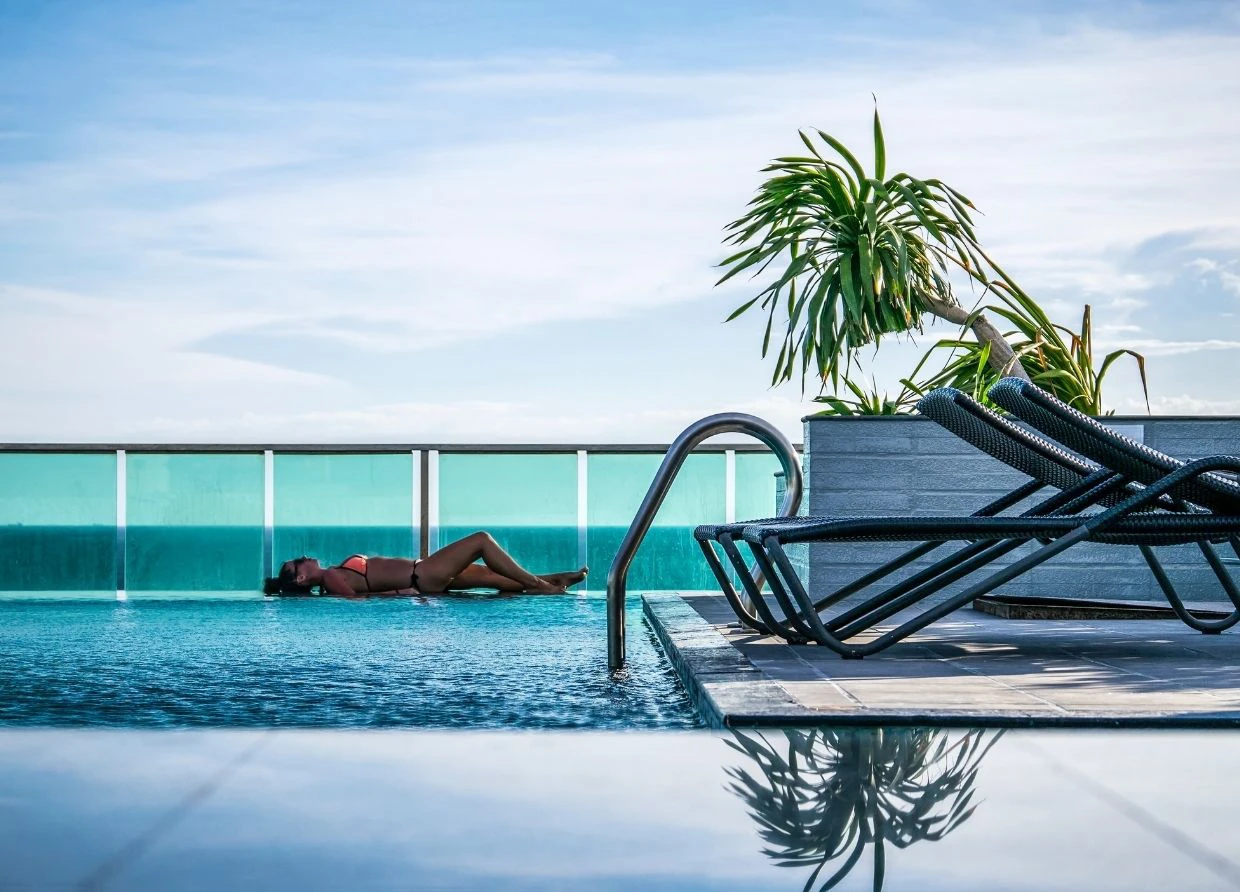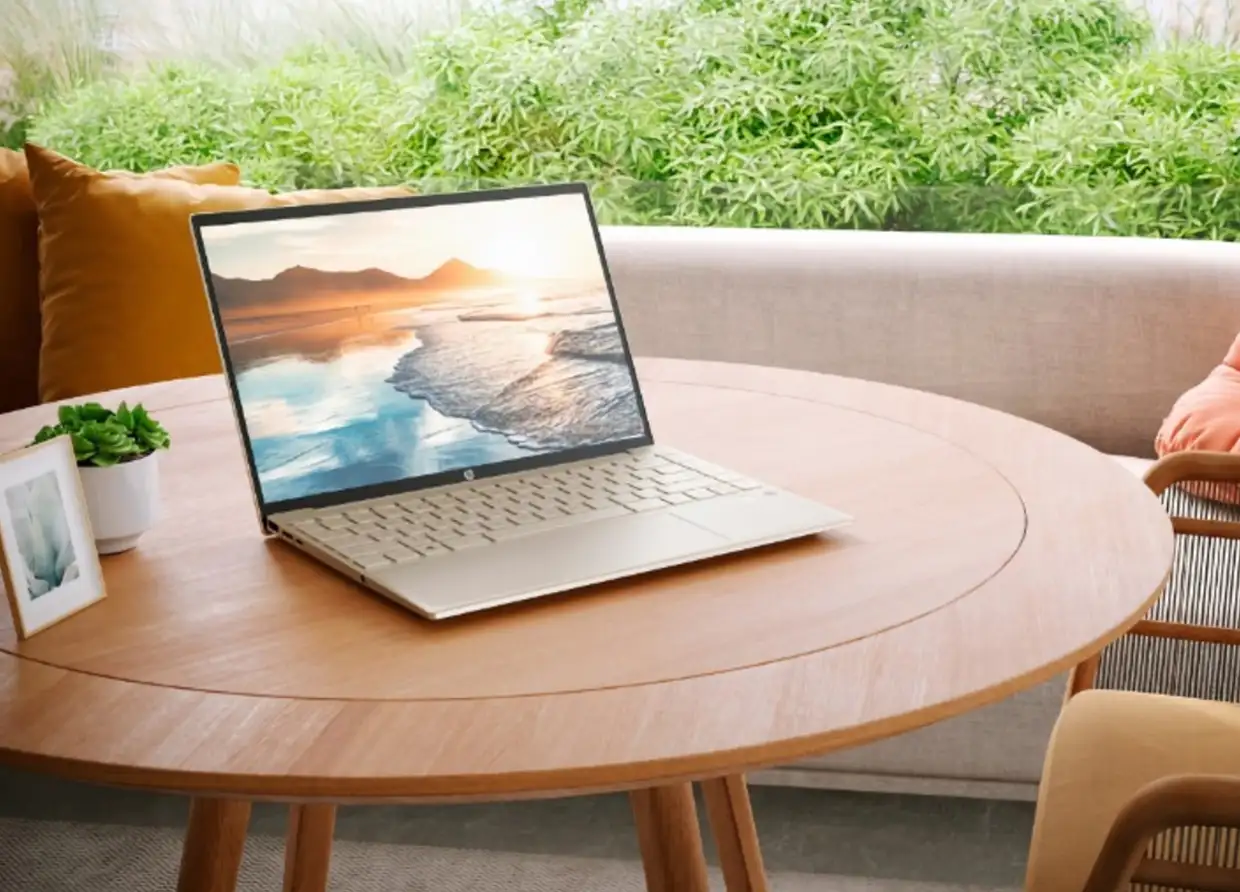TALK ABOUT FUTURE TRENDS OF THE WORLD OF ASIA PACIFIC TOURISM
Post-pandemic tourism trends are an interesting discussion to see the future of the MICE (meetings, incentives, conferences, and exhibitions) business.

The pandemic situation brings the winds of change to all aspects of human life. The tourism and travel industry is no exception. This makes the discussion of travel and tourism trends in the future, during the pandemic and after, interesting to discuss.
At the beginning of last September, the tourism industry leaders in the Asia Pacific gathered together to learn about the upcoming trends. This includes the tourism business, changes in business travel policies, luxury travel, and consumer behavior in the post-pandemic era.
In the event titled "Be There with Marriott International-The Path Forward for Travel and Event," more than 1,100 professionals in the tourism industry throughout the Asia Pacific gathered for a panel discussion that took place warmly, discussing the world of tourism in the future.
View this post on Instagram
Together with technology partner NowEvents, hybrid events at the Renaissance Hong Kong Harbor View Hotel, The Ritz-Carlton, Millenia Singapore, and JW Marriott Gold Coast Resort & Spa.
The discussion then looked at the primary trend that emerged in the post-pandemic travel industry: customer experience remains the key. This includes how industry players convince customers that cleanliness is a top priority for consumers.
In addition, attention to safety and hygiene has also increased dramatically. This is a natural thing because it has become part of the customer's daily experience. Social distancing, face masks, and hand sanitizer is essential nowadays.
Bart Buiring, Chief Sales & Marketing Officer, Marriott International Asia Pacific, said, "As we continue to improve the guest experience, we understand how cleanliness is still a major concern for many. We are committed to keeping our guests safe through improved cleaning regimen changes that leverage technology. I am optimistic about the bright spots of travel recovery that we are seeing, and I look forward to the reopening of international borders."
Another trend is that face-to-face human interaction is stronger than ever. There has been rapid adoption of technology and digitization across the MICE industry. While virtual events are standard at the height of the pandemic, around 47 percent of respondents surveyed post-event said that more than half of their events next year will be offline. The hybrid event, which combines live interaction and the convenience of being digital, is expected to be the meeting format that MICE business people can choose from.
This is a way in the "New Normal" to keep industry leaders testing, thinking, assessing, and learning so they can be agile and change what doesn't work. MICE industry leaders must recognize the importance of the power of face-to-face meetings complemented by hybrid technology in delivering human experiences and connections.
View this post on Instagram
Ramesh Daryanani, Vice President, Global Sales, Marriott International Asia Pacific, said, "We need to strike a balance between technology, reach and engagement. When hosting a hybrid event, the platform isn't all that matters—rather, the desired outcome and the value that human relationships bring is the goal. Marriott's hybrid solutions will continue to evolve, but there's no doubt that nothing replaces the power of face-to-face meetings."
Later, when the restrictions are not enforced after the pandemic, customers will look for more intimate events close to each other. Private meetings may be prioritized given the many connections lost during the pandemic.
Another trend that is seen is the health factor is a new luxury. The pandemic is giving travelers a chance to think about restarting the journey for the better.
Wellness travel, linked to efforts to improve personal well-being, is driving demand for anti-stress weekend getaways, hidden all-inclusive resort stays, spiritual retreats, and new destinations like never before.
According to a survey conducted by Marriott International, 3 out of 4 travelers surveyed indicated a desire to travel to relieve stress. There is a higher demand for slow travel, where people slow down and visit only one place, taking the time to get to know the destination and its environment and culture, than for short visits.
Industry leaders must adapt to these rising trends and curate experiences that meet changing market demands. The recently launched Good Travel with Marriott Bonvoy pilot is another example of a program where guests have the opportunity to connect with local communities to create a lasting positive impact.
#THE S MEDIA #Media Milenial #travel #pandemic #asia pacific #tourism business #MICE



























